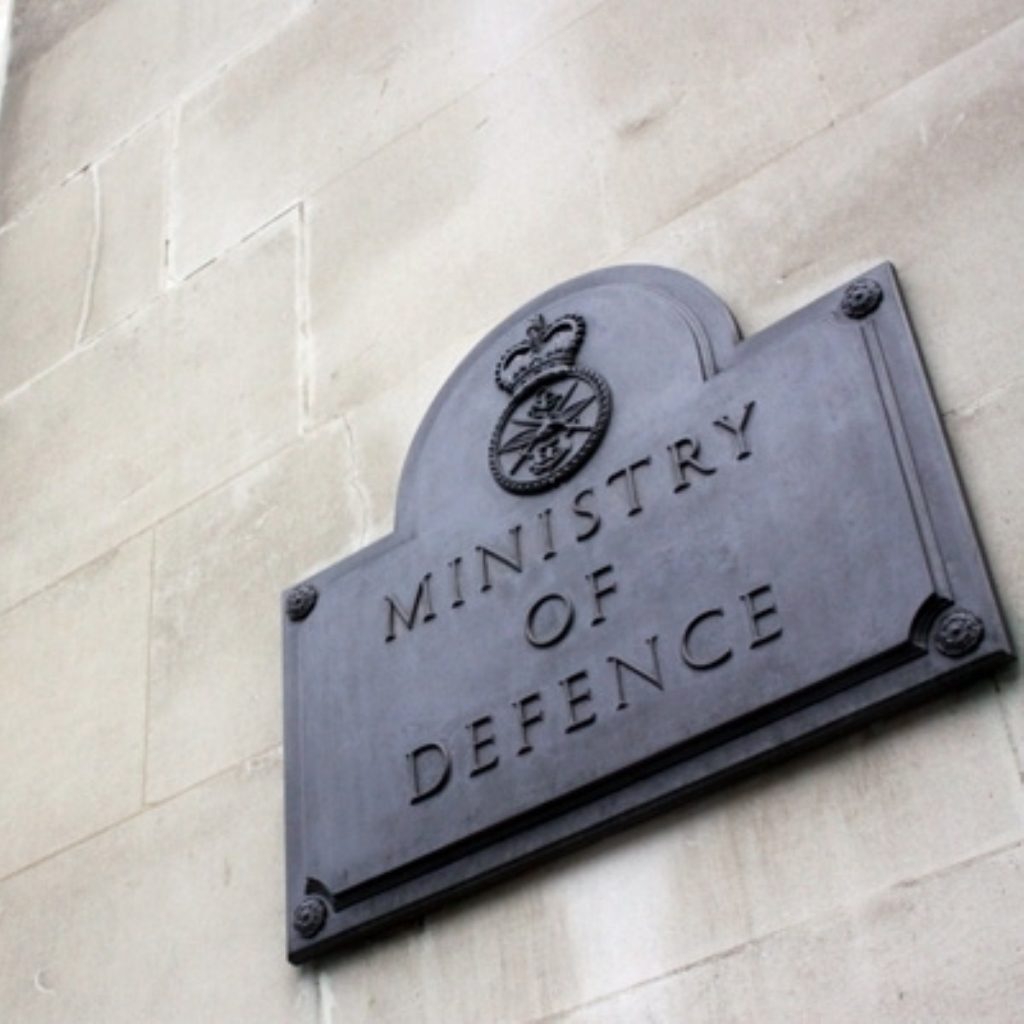Defence’s ‘hard choices’ lie ahead
Fundamental questions about Britain’s involvement in Afghanistan and the make-up of the nation’s armed forces have been raised by today’s defence green paper.
The Ministry of Defence (MoD) warns in ‘Adaptability and Partnership: Issues for the strategic defence review’ that unpredictable future threats and challenges could require drastic changes to current approaches.
Just moments before Bob Ainsworth’s statement to the House on the green paper, David Cameron attacked the prime minister for attempting to cut the defence budget when troops were at war in Iraq.


Mr Brown ignored the armed forces’ welfare until it became “politically convenient to do otherwise”, the Tory leader claimed.
Troops “are properly equipped for the job they are doing”, the prime minister responded.
The green paper’s purpose is to raise questions for the forthcoming strategic defence review, which will take place after the general election.
“We cannot proceed with all the activities and programmes we currently aspire to, while simultaneously supporting our current operations and investing in the new capabilities we need,” it warns.
“We will need to make tough decisions – based on a clear understanding of our interests and the role of the armed forces in protecting them.”
The green paper says the armed forces need to become more flexible and adaptable in response to what it acknowledges are increasingly unpredictable developments in international politics and security.
It says that close cooperation across government is vital to maximising Britain’s impact and calls for a serious debate about the future of Britain’s defence capabilities.
“This green paper will stimulate debate about the future of Britain’s defence ahead of a strategic defence review in the next parliament,” defence secretary Bob Ainsworth said.
“Afghanistan is the top priority today but we must also ensure that our armed forces are ready to confront the challenges of tomorrow.”
The Army and Navy have been in intense competition over recent weeks to position themselves at the heart of the country’s future defence strategy.
Head of the Army General Sir David Richards has argued a revolutionary refocusing away from big-ticket projects to provide more support for small-scale equipment aiding counter-insurgency efforts in places like Afghanistan is vital.
But Admiral Sir Mark Stanhope, the Navy’s senior officer, has pointed out the unpredictable Falklands war shows the enduring need for a strong naval capacity.
Charles Guthrie, who was the chief of defence staff during the last strategic defence review, told the International Institute for Strategic Studies he hoped ministers would opt against “salami-slicing”.
“If we do end up doing that, we’re going to end up being good at nothing,” he warned. “If we spend this money rightly, we’re going to be respected around the world.”
The green paper is also thought to suggest closer relations between Britain and France. The Conservatives say the plan concedes Labour does not have the resources to fulfil its defence aims.

